Stem Cell
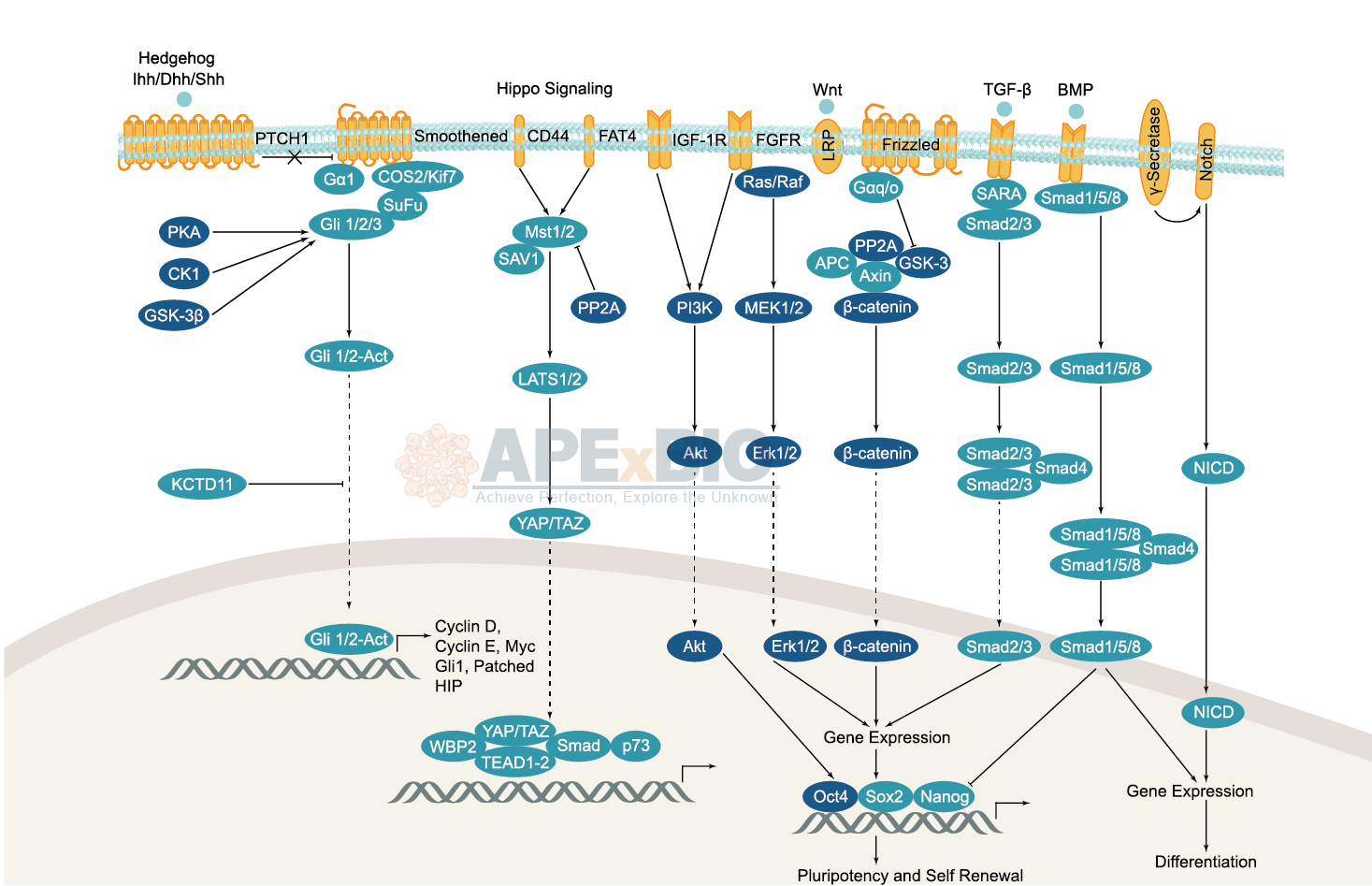
In ESC, BMP/TGF-β signaling pathway plays a key role in maintaining pluripotency and self-renewal. It signals through Smad proteins, and the FGF signaling pathway, which activates the MAPK and Akt pathways. The Wnt signaling pathway also promotes pluripotency. OCT-4, SOX2, and NANOG are three main transcription factors that are expressed and activated by these pathways. Induced pluripotent stem cells (iPSC) are pluripotent cells that can be generated from differentiated cells with forced expression of specific reprogramming factors. Both ESC and iPSC can be induced to develop into distinct cell types that associated with three primary germ layers: ectoderm, mesoderm and endoderm. Signaling pathways that control the development of these cell lineages, including BMP/TGF-β, Notch, Wnt/β-catenin, Hedgehog and Hippo pathways, which regulate cell division, growth and differentiation. Defects in stem cell signaling are related to developmental disorders and cancer.
-
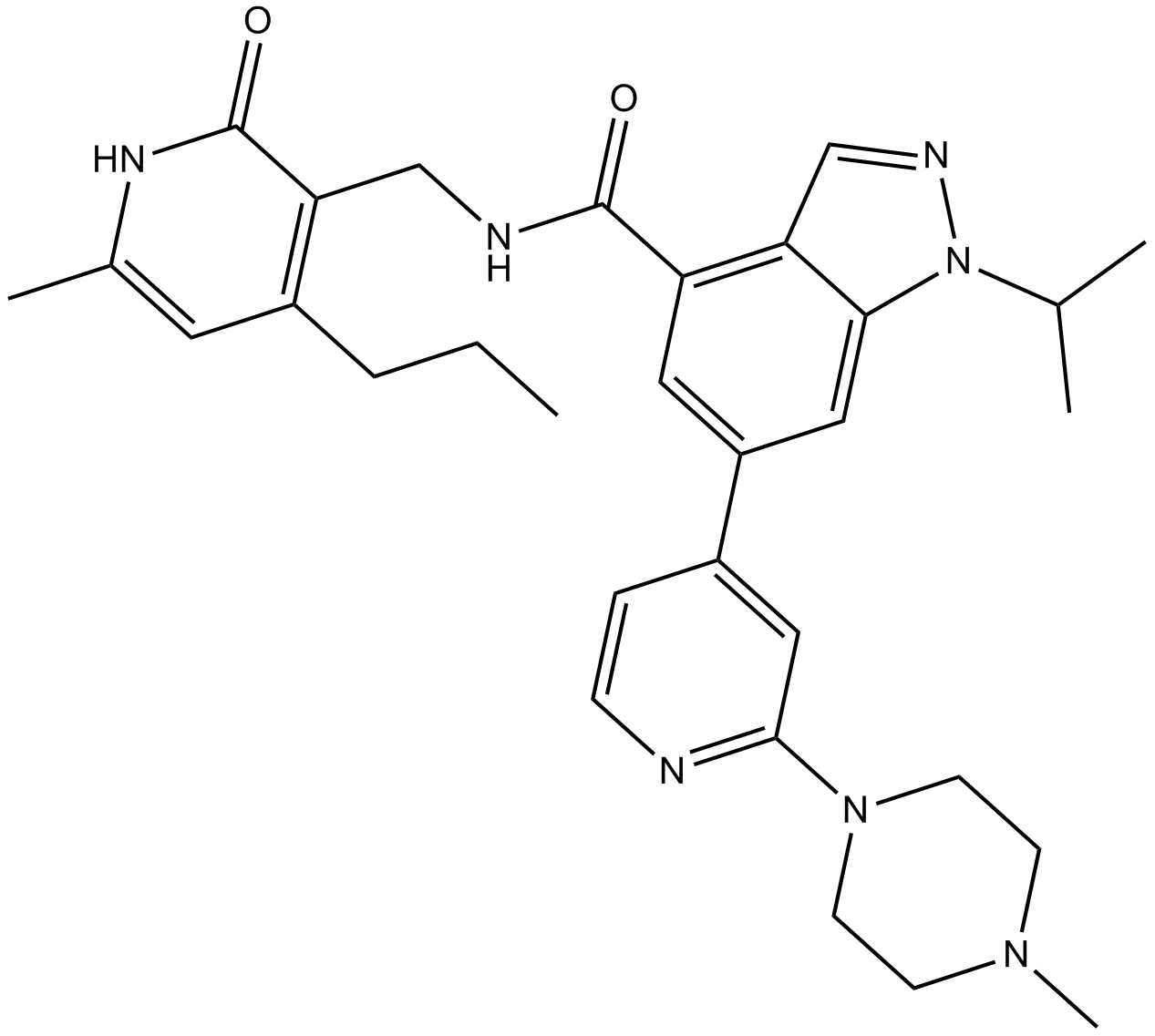 A3449 GSK3431 CitationTarget: EZH2Summary: EZH2 inhibitor,potent,selective and cell permeable
A3449 GSK3431 CitationTarget: EZH2Summary: EZH2 inhibitor,potent,selective and cell permeable -
 A3460 HhAntagSummary: GLI1-mediated transcription inhibitor
A3460 HhAntagSummary: GLI1-mediated transcription inhibitor -
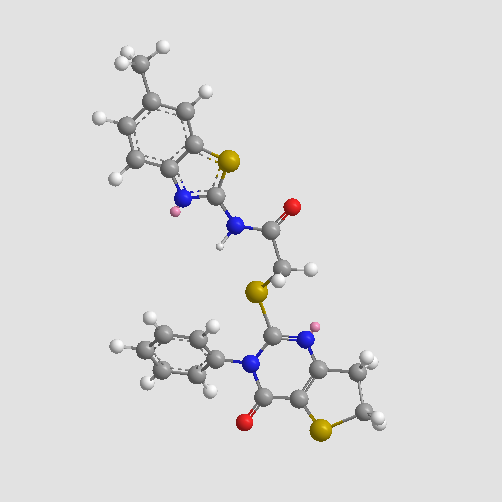 A3512 IWP-22 CitationSummary: Wnt production inhibitor,PORCN inhibitor
A3512 IWP-22 CitationSummary: Wnt production inhibitor,PORCN inhibitor -
 A3543 LDE225 DiphosphateTarget: SmoothenedSummary: Smo antagonist
A3543 LDE225 DiphosphateTarget: SmoothenedSummary: Smo antagonist -
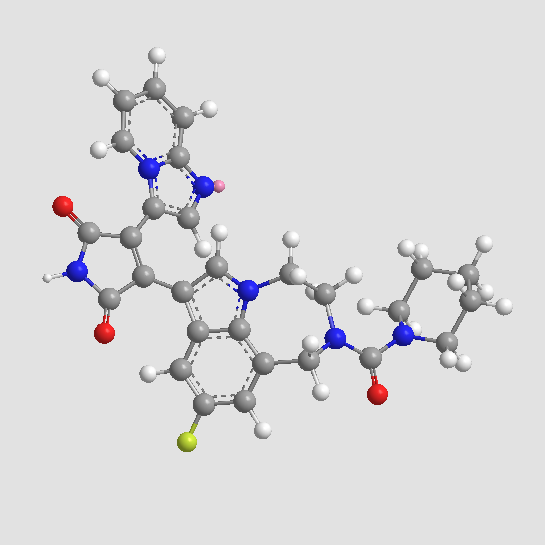 A3570 LY2090314Target: GSK-3Summary: Potent GSK-3 inhibitor
A3570 LY2090314Target: GSK-3Summary: Potent GSK-3 inhibitor -
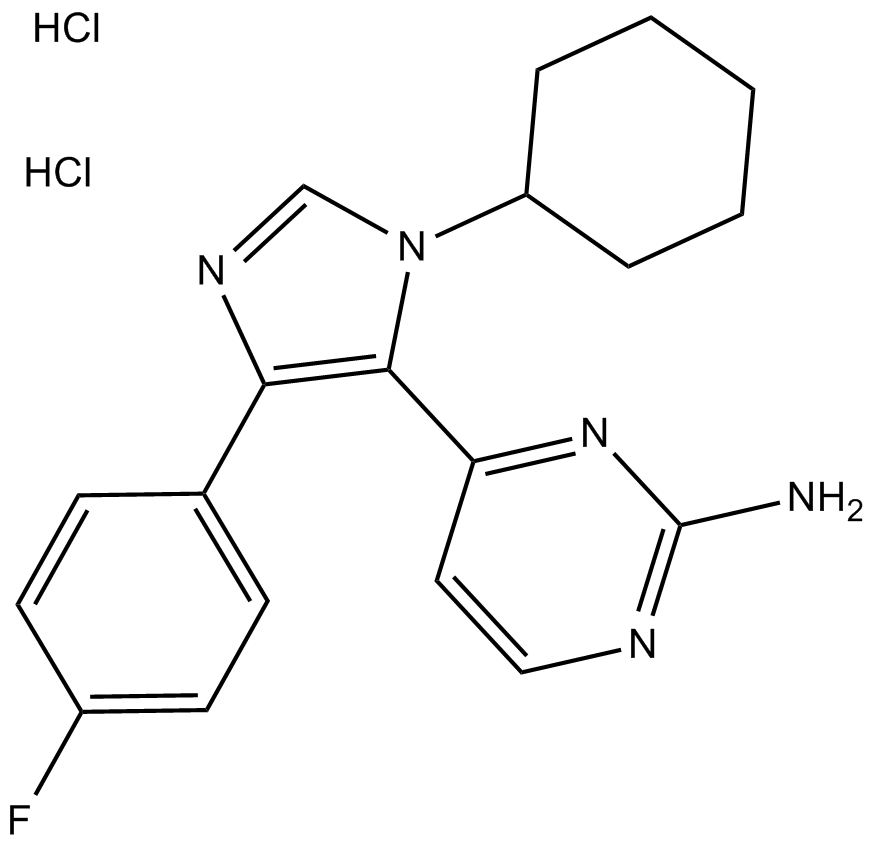 A3719 PF-670462Target: CK1Summary: CK1 ε/δ inhibitor
A3719 PF-670462Target: CK1Summary: CK1 ε/δ inhibitor -
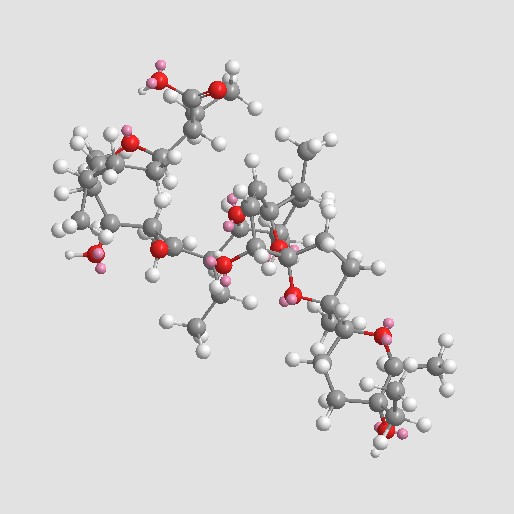 A3785 SalinomycinTarget: AntibioticSummary: Polyether ionophore antibiotic;anti-cancer
A3785 SalinomycinTarget: AntibioticSummary: Polyether ionophore antibiotic;anti-cancer -
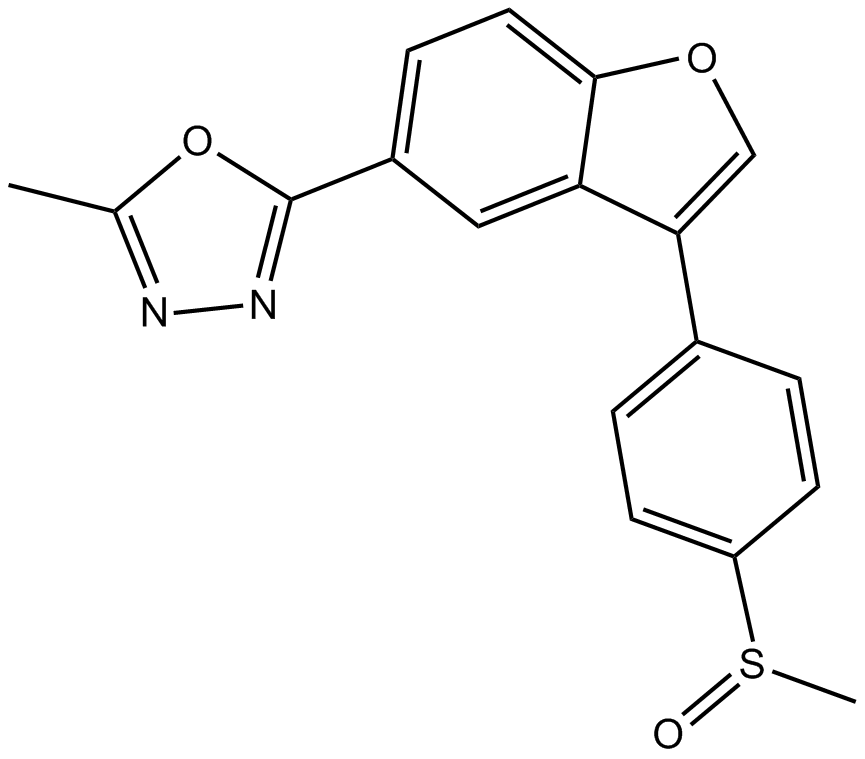 B5486 TCS 2002Summary: GSK -3β inhibitor, potent
B5486 TCS 2002Summary: GSK -3β inhibitor, potent -
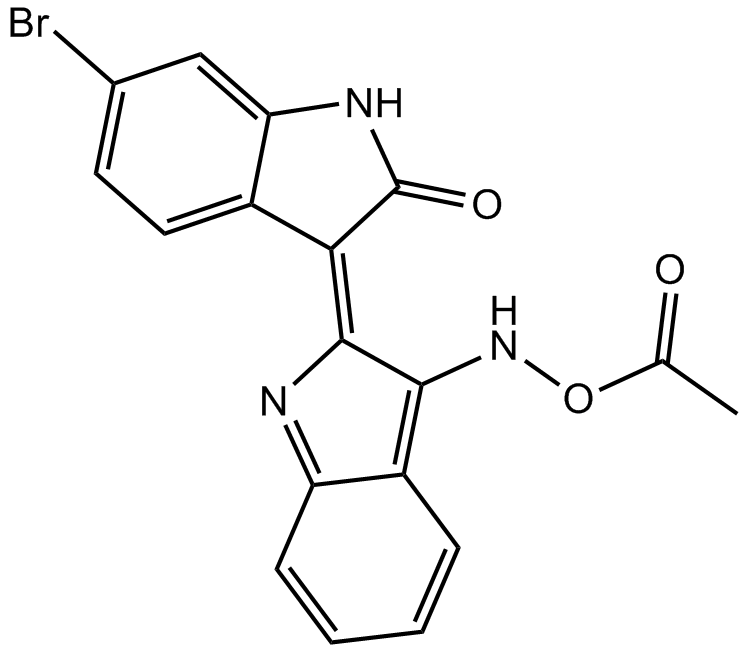 B5488 BIO-acetoximeSummary: GSK-3α/β inhibitor
B5488 BIO-acetoximeSummary: GSK-3α/β inhibitor -
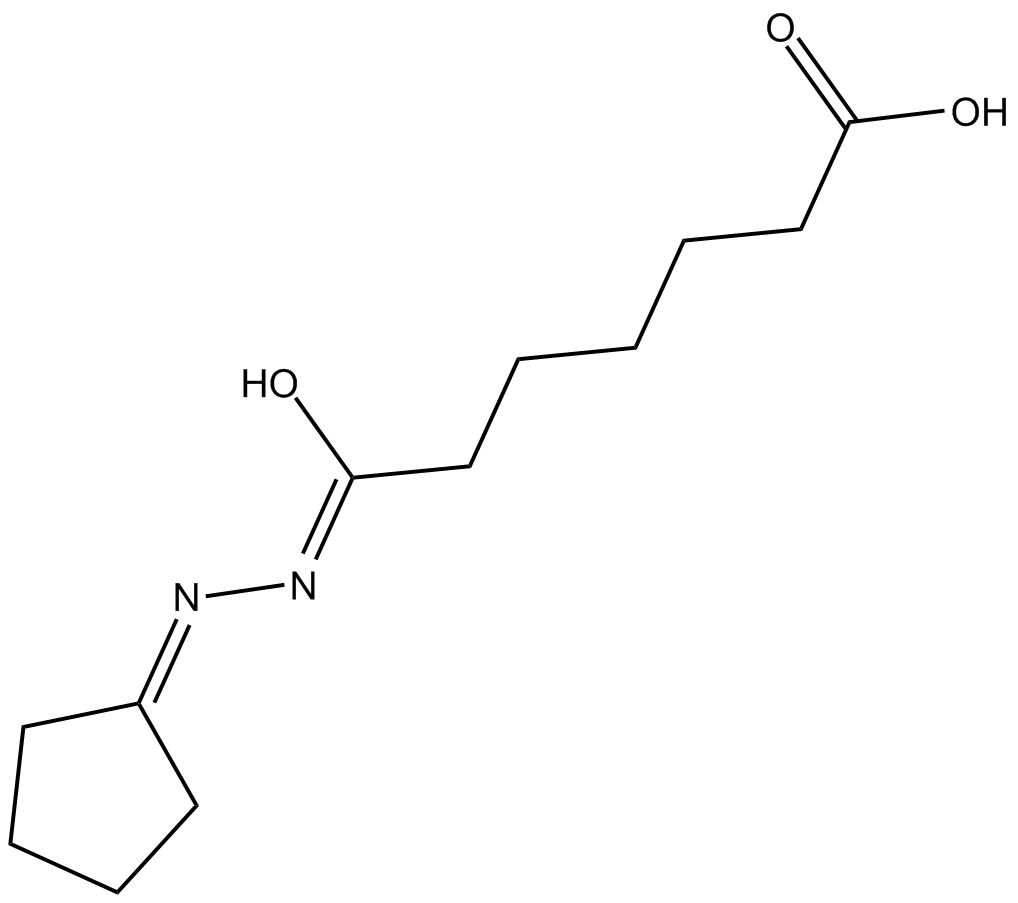 B5511 IDE 2Summary: inducer of definitive endoderm formation
B5511 IDE 2Summary: inducer of definitive endoderm formation

